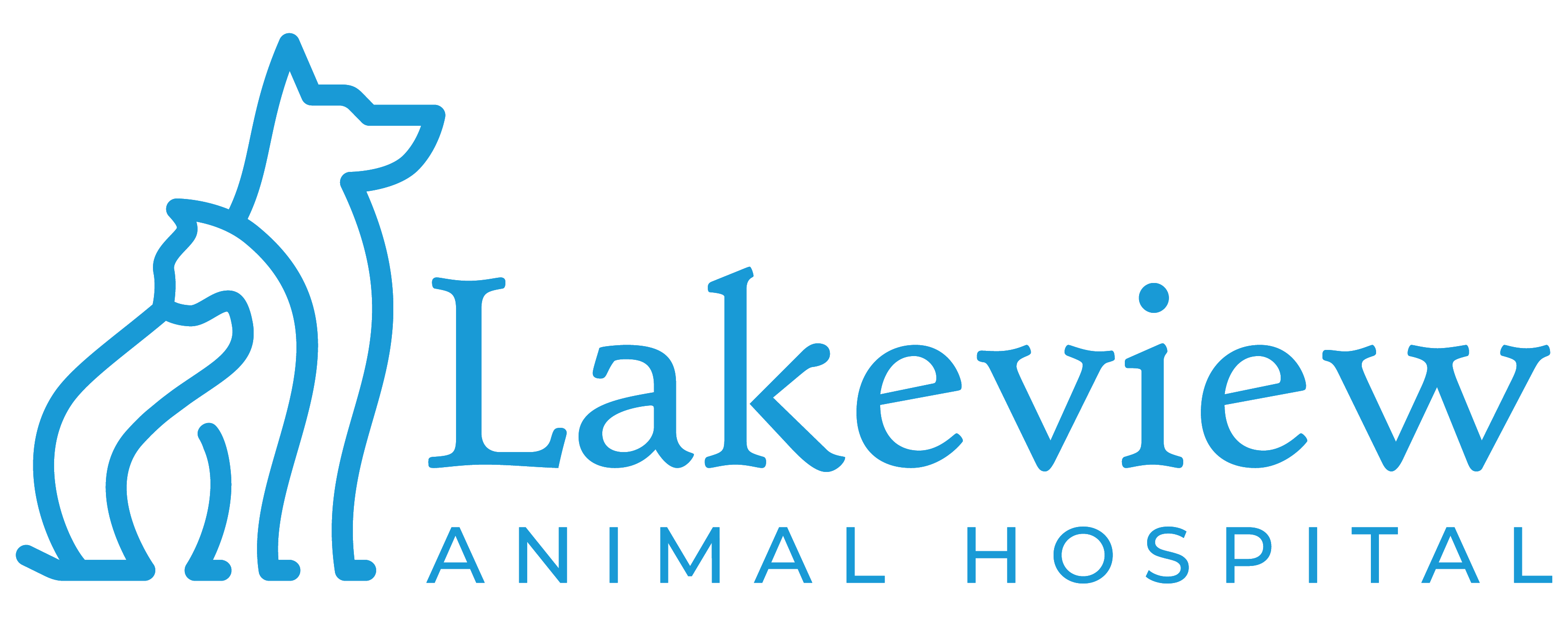Captopril
What is captopril?
 Captopril (brand names: Capoten®, Captril®) is an angiotensin-converting enzyme (ACE) inhibitor. It is used to treat congestive heart failure and high blood pressure. Newer ACE inhibitors that are FDA-approved for animal use are more common, but captopril is still available.
Captopril (brand names: Capoten®, Captril®) is an angiotensin-converting enzyme (ACE) inhibitor. It is used to treat congestive heart failure and high blood pressure. Newer ACE inhibitors that are FDA-approved for animal use are more common, but captopril is still available.
Its use in cats and dogs to treat high blood pressure and congestive heart failure off label (extra label). Many drugs are commonly prescribed for off-label use in veterinary medicine.
“Off label” means the drug is being used in a way that has not been reviewed or approved by the U.S. Food and Drug Administration (FDA) or Health Canada. In these instances, follow your veterinarian’s directions and cautions carefully, as they may be significantly different from those on the label.
How is captopril given?
- Captopril is given by mouth in the form of a tablet.
- Give on an empty stomach.
- Always allow access to fresh drinking water while giving this medication.
This medication should take effect within 1 to 2 hours; however, effects may not be noted outwardly, so laboratory tests may be needed to evaluate this medication’s effectiveness.
What if I miss giving my pet the medication?
If you miss a dose, give it as soon as you remember, and then wait the recommended time for the next dose, as prescribed by your veterinarian. Do not give the pet two doses at once.
Are there any potential side effects?
Captopril may cause the following side effects:
- Vomiting
- Diarrhea
- Lack of appetite
Serious adverse reactions may occur. If any of the following signs develop, stop giving captopril and contact your veterinarian immediately:
- Persistent vomiting and/or diarrhea
- Weakness
- Skin reactions
- Infections
- Kidney damage
- High potassium levels
- Fever
Drug sensitivities can develop over time, with repeated exposure. Your pet may have no reaction after the first few doses but may develop a sensitivity later. It is important to watch for signs of an allergic reaction over the entire course of treatment.
Other side effects may occur. If you notice anything unusual, contact your veterinarian immediately. This short-acting medication should stop working within 24 hours, although effects can be longer in pets with liver or kidney disease.
Are there any risk factors for this medication?
DO NOT USE captopril in:
- Pets that are allergic to it or other ACE inhibitors
USE WITH CAUTION in:
- Pets with kidney disease
- Pets with dehydration
- Pets with low sodium levels
- Pets with low blood pressure
- Pets with blood abnormalities
- Pets with vessel disease
- Pregnant or nursing pets (only if necessary)
Are there any drug interactions I should be aware of?
Several medications should be used with caution when given with captopril, including:
- Antacids
- Corticosteroids
- Diphenhydramine
- Diuretics
- Nonsteroidal anti-inflammatory drugs (NSAIDs)
- Opioids
- Oral glycerin
- Potassium
- Probenecid
- Sildenafil
Be sure to tell your veterinarian about any medications (including vitamins, supplements, or herbal therapies) that your pet is taking before starting any new treatment.
Is any monitoring needed with this medication?
- Your veterinarian will let you know when and how they want to reassess your pet to ensure the medication is working and not causing side effects.
- Your veterinarian will regularly monitor your pet’s complete blood count, blood electrolyte levels, kidney values, and urinalysis.
- If treating congestive heart failure, your veterinarian may monitor breathing rate, radiographs (X-rays), and cough.
- If treating high blood pressure, your veterinarian will regularly monitor blood pressure.
- At home, monitor for any side effects such as those noted above. If any occur, stop using the medication and contact your veterinarian.
How do I store captopril?
- Store the tablets at room temperature, below 86°F (30°C).
- Store tablets in a tight container, protected from light.
What should I do in case of emergency?
If you suspect an overdose or an adverse reaction to the medication, call your veterinary office immediately. If they are not available, follow their directions in contacting an emergency facility. Be prepared to provide information about the product and your pet's weight and symptoms.
© Copyright 2025 LifeLearn Inc. Used and/or modified with permission under license. This content written by LifeLearn Animal Health (LifeLearn Inc.) is licensed to this practice for the personal use of our clients. Any copying, printing or further distribution is prohibited without the express written consent of LifeLearn. This content does not contain all available information for any referenced medications and has not been reviewed by the FDA Center for Veterinary Medicine, or Health Canada Veterinary Drugs Directorate. This content may help answer commonly asked questions, but is not a substitute for medical advice, or a proper consultation and/or clinical examination of your pet by a veterinarian. Please contact your veterinarian if you have any questions or concerns about your pet’s health. Last updated on Jun 11, 2025.

